The Most Nutrient Dense Foods
Eating Nutrient Dense Foods will support your immune system!
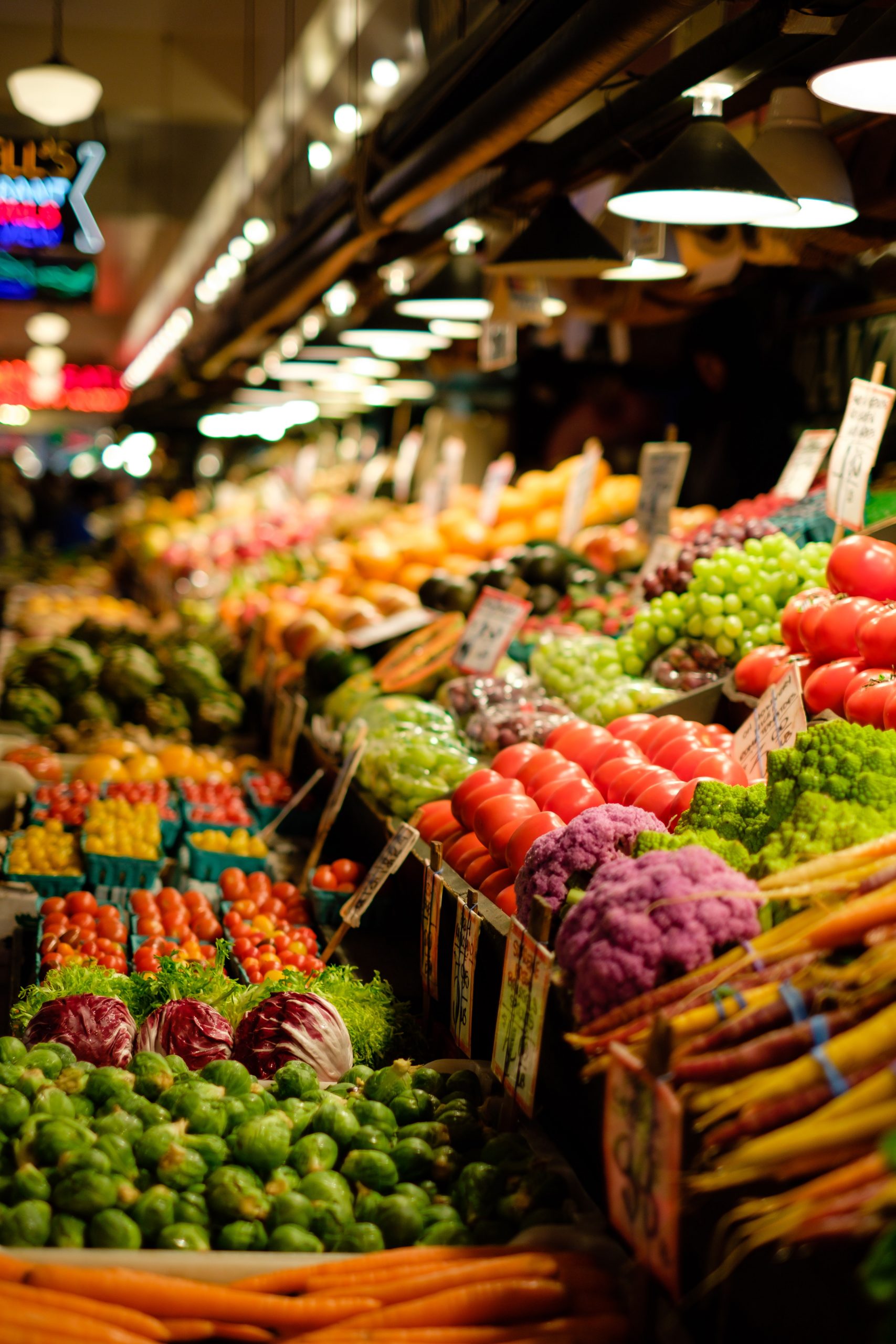
Photo by Thomas Le on Unsplash
The Nutrient Dense Kitchen
Eating a nutrient dense diet, isn’t about whether you are eating low carb or eating keto, it’s just about real, whole foods. And it doesn’t have to be as hard as one might think. If you’re coming from the Standard American Diet, eating more real, whole foods, as opposed to buying packaged, convenient prepared foods can seem challenging at first. Even if you’re coming from a diet rich in whole foods, some days convenience wins out and a drive through the fast food restaurant is inevitable. Knowing whole foods are better for your health, doesn’t make it any easier when you’re working full or part time, and have a family to feed on a budget. I know, I get this. I’m a busy working mom of three teens who eat a lot and who are quite picky. I’ve got some great tips to share with you on eating whole, real foods that can be affordable and just as easy as grabbing packaged, convenience foods.
Now more than ever, it’s important to get the most from the food you are buying and eating so you can keep your body and your immune system strong and healthy during any difficult time.
Why Sourcing Locally, Sustainable Food is Important to Your Health
Sourcing local, organic food is the one of the best ways to ensure you are getting food at it’s freshest state. When you purchase local, organic produce, you not only help support the farmer in your area, but your produce will be more nutrient dense than produce that has taken days to ship to markets from out of your state. The way plants are farmed and animals are raised today has a huge impact on their nutrition content. Modern agricultural practices are producing plants and animals contaminated with more herbicides, pesticides, steroids, antibiotics, hormones and genetically modified organisms (GMOs) in and on our food.
Researchers at the University of Texas found nutritional data from the U.S. Department of Agriculture shows “reliable declines” in the amounts of nutrients in 43 different fruits and vegetables from 1950 to 1999. Declining nutrients including protein, calcium, phosphorus, iron, riboflavin (vitamin B2) and vitamin C (Sheer & Moss, 2011). Not only that, our soil is becoming depleted of nutrients as well due to these industrial farming methods.
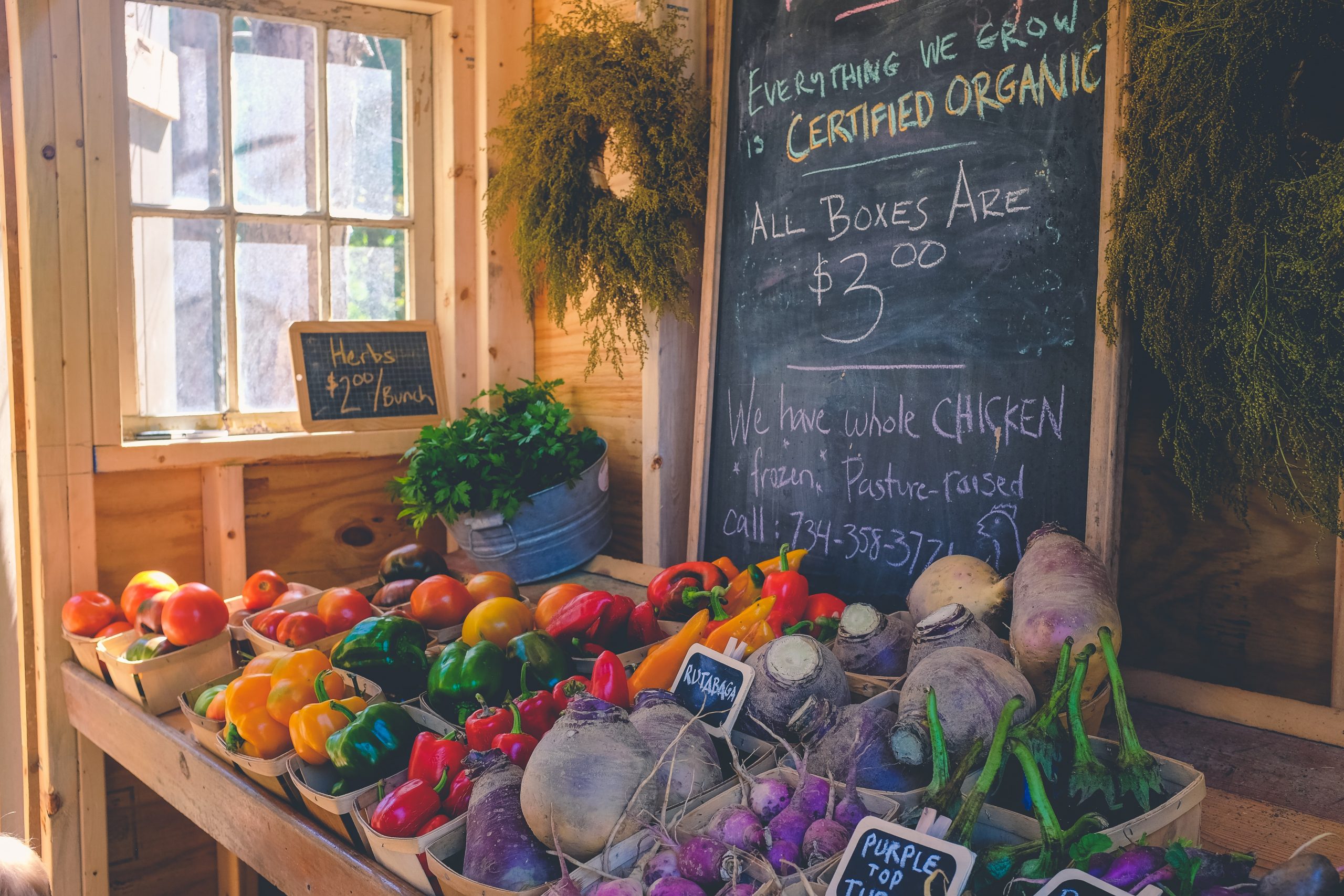
Photo by NeONBRAND on Unsplash
How to Source Real Food at Affordable Prices
The best way to find affordable, organic, quality food sources is through your local farmers. Finding local farmers and ranchers that sell directly to consumers ensures you are getting high-quality, fresh food without the high price tag, as seen in supermarkets. CSA or Community Supported Agriculture shares, are subscription-based programs which are also an affordable way to get local produce and meat delivered right to your door each week.
Butcherbox is another affordable subscription-based delivery service for getting organic, pasture raised meats and wild-caught fish delivered monthly, bi-monthly or as often as you like. You can select the cuts of beef, pork, chicken and fish you prefer in each box. I use this service monthly and really find their meats and fish delicious.
The Dirty Dozen
If the price to buy all organic produce each week is just not an option for you, at least try to buy organic for the following produce considered “The Dirty Dozen” and known for the highest pesticides in commercial farming.
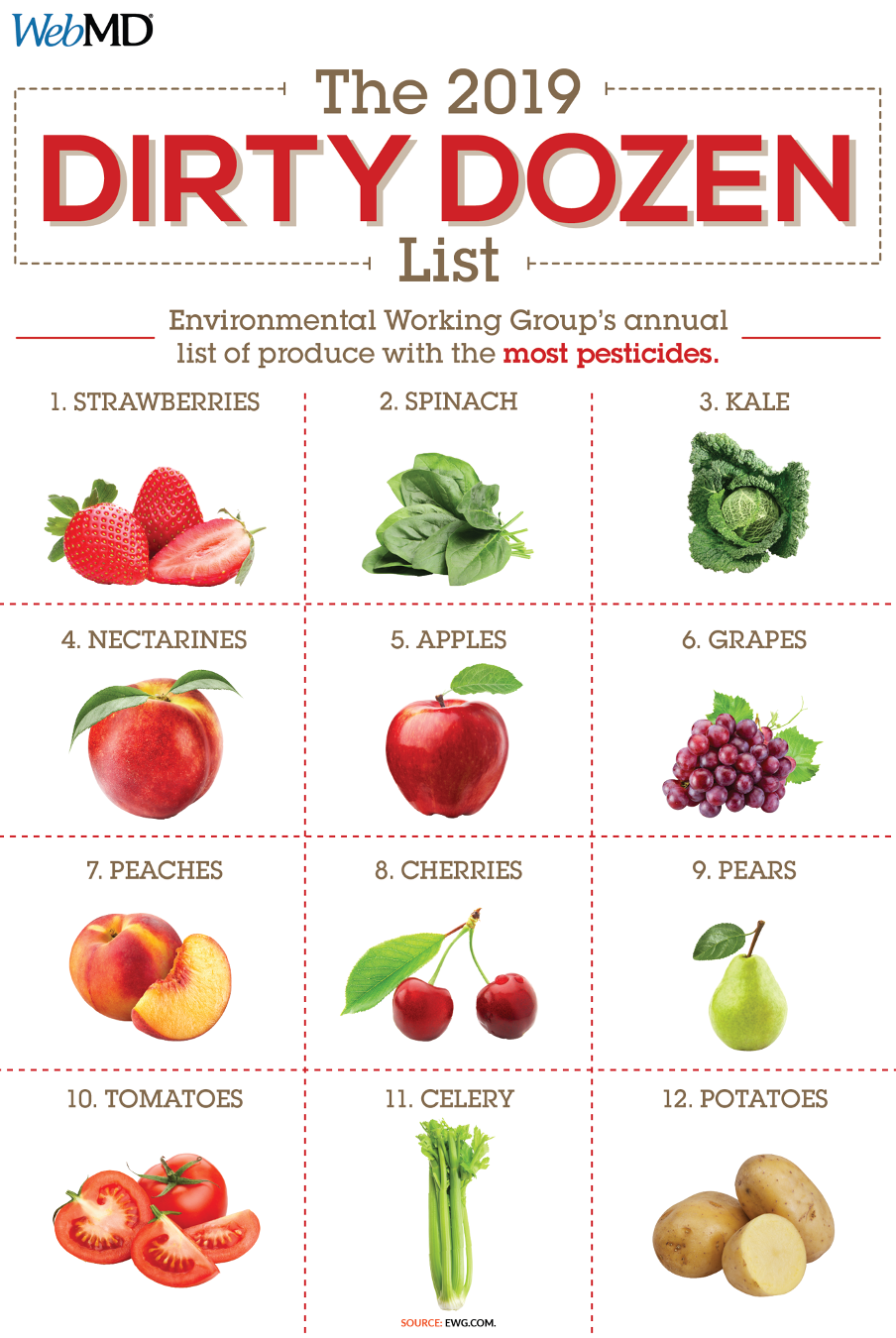

Photo by Dane Deaner on Unsplash
Cookware and Food Storage Methods
You may already realize that there are not only toxins we need to avoid in and on our foods, but also there are many toxins within the cookware and storage containers we use. Plastic containers, when heated, actually leech plastic molecules into our food and that is something our bodies should not be ingesting. Teflon pans leech toxins as well. If you’re going to spend the money on organic produce and grass-fed meats, it’s important to think about what your using to cook this wonderful food you brought home and spent money on.
Here are just 3 simple ways to avoid toxins in your cookware and storage containers that won’t break the bank. Start with these simple changes and as you can afford it, work on converting your kitchen over to tools that don’t have toxins in them.
- Switch out aluminum foil for unbleached parchment paper when lining baking trays and pans.
- If you have plastic storage containers, switching to glass is a the best option but doing so can be costly. Try to replace one plastic container a week until you’ve removed all the plastic ones from your home. If you still need to use the plastic containers, just make sure your food is cooled to room temperature before adding it into the container and never reheat food in plastic containers. Here are my favorite glass containers I use in my kitchen.
- Purchase at least one large cast iron skillet and a good quality knife and you will be on your way to a healthier kitchen!

Photo by Gaelle Marcel on Unsplash
Improve Nutrient Density and Digestibility by the Preparation of your Food
While some foods retain more of their nutrients when eaten raw, some are more bioavailable when cooked. Foods to enjoy raw would be; organic, local, fruits and vegetables, like avocados, peppers, celery, citrus fruits and wild-caught sushi, marinated fish, 100% grass-fed raw dairy, and many cultured and fermented foods will keep their natural probiotic content intact.
“Foods rich in lycopene, beta-cartene, carotenoids in green vegetables, sulphoraphane, folate, iron, antioxidant rich foods, and high protein foods are optimally, cooked, in order for us to best utilize these compounds.” (Basics of Nutrition, 2020 Nutritional Therapy Association.)
For example, cooking meats, fish, poultry, and eggs makes them not only easier to digest, but increases the bioavailability of iron and other minerals we need from these foods.
The Most Nutrient Dense Foods
Protein is one of the most important macronutrients for the human body used as the building blocks for our tissues, organs, nerves, muscles and more. Not only that, protein is essential for healthy hormones, enzymes, and antibodies. Antibodies are protein structures that help fight infection and destroy foreign invaders. There are 9 essential amino acids that our bodies cannot make on their own and that we must get from our food. It’s safe to say the human body needs protein to survive and function optimally. All protein sources are not created equal. Properly prepared protein from high quality, humanely raised, animal sources is the most bioavailable and includes the 9 essential amino acids we need. (Basics of Nutrition, 2020 Nutritional Therapy Association). We also need many vitamins, that while some can be made in small amounts in our bodies, it is not enough to support a healthy body. There are also minerals that can not be produced by the body that we need in large amounts like calcium, magnesium, sodium and potassium. We must get these vitamins and minerals from a nutrient-dense whole food diet.
One thing to note regarding fat soluble vitamins is that for Vitamins A, D, E, and K, you must include a healthy dietary fat when eating these foods in order to digest and absorb them properly. Please keep that in mind when looking at this infographic below.
Here is a infographic to keep handy when shopping for whole foods.
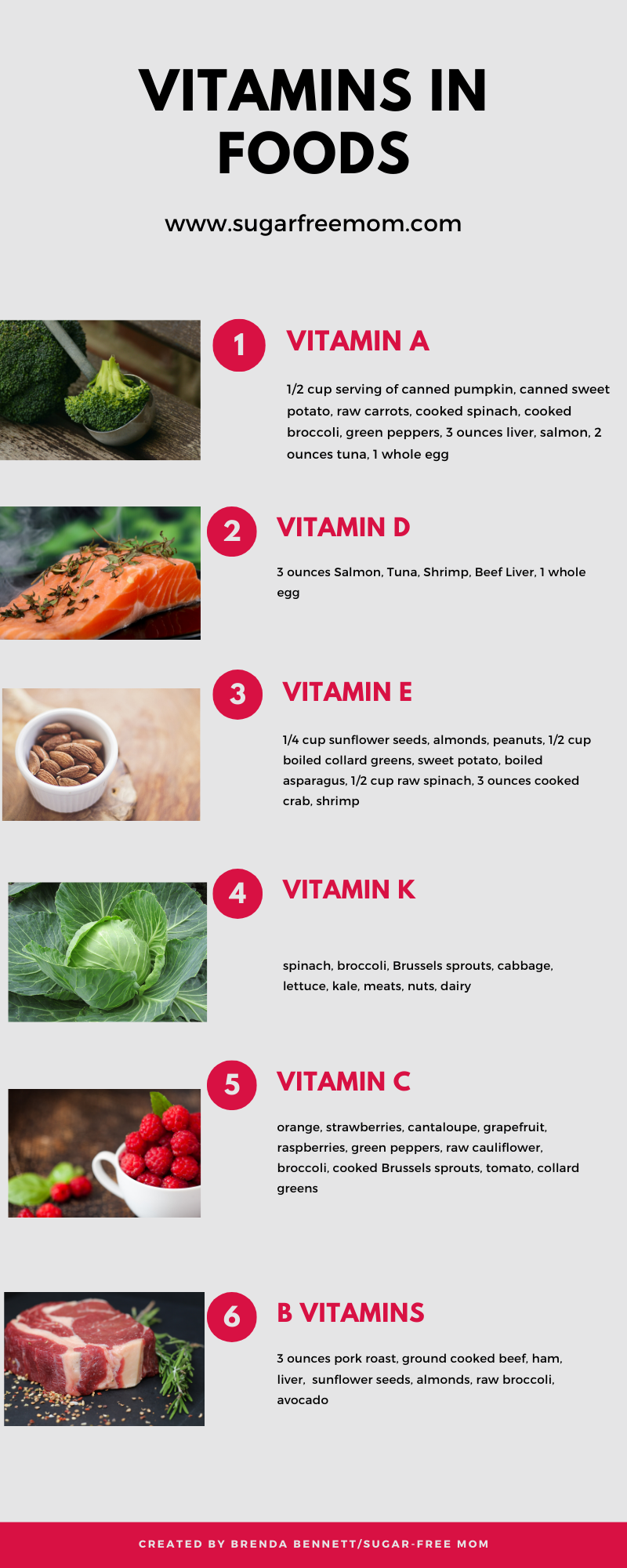
I think it’s safe to say from this list that the most nutrient dense foods that have more than one vitamin and mineral are eggs, beef, salmon and liver.
Nutrient Dense Recipes
Here are a few of my favorite protein filled delicious recipes that will make getting in nutrient dense foods easy!
- Smoked Salmon Fat Bombs
- Smoked Salmon Stacks
- Salmon Burgers
- Salmon Nuggets
- Beef Stew
- Beef Lettuce Wraps
- Slow Cooker Low Carb Beef Short Ribs (Paleo, Keto)
- Keto Beef Brisket (Low Carb, Gluten Free)
- Keto Sausage Egg Cups
- Deviled Green Eggs and Ham
- Eggroll In a Bowl
In Conclusion
The most important thing to take away from this blog post is to think about what you are eating on a daily basis, how you are preparing it and how do these things bring you positively toward your health goals so you can live your best life. Are they hindering you or causing digestive issues or are they benefiting you so your body functions at its best? It doesn’t have to be overwhelming if you take each day as an opportunity to learn more about yourself, your health and your environment. I hope this post encourages you to live to your fullest potential and take each day as an opportunity for growth, happiness and joy!


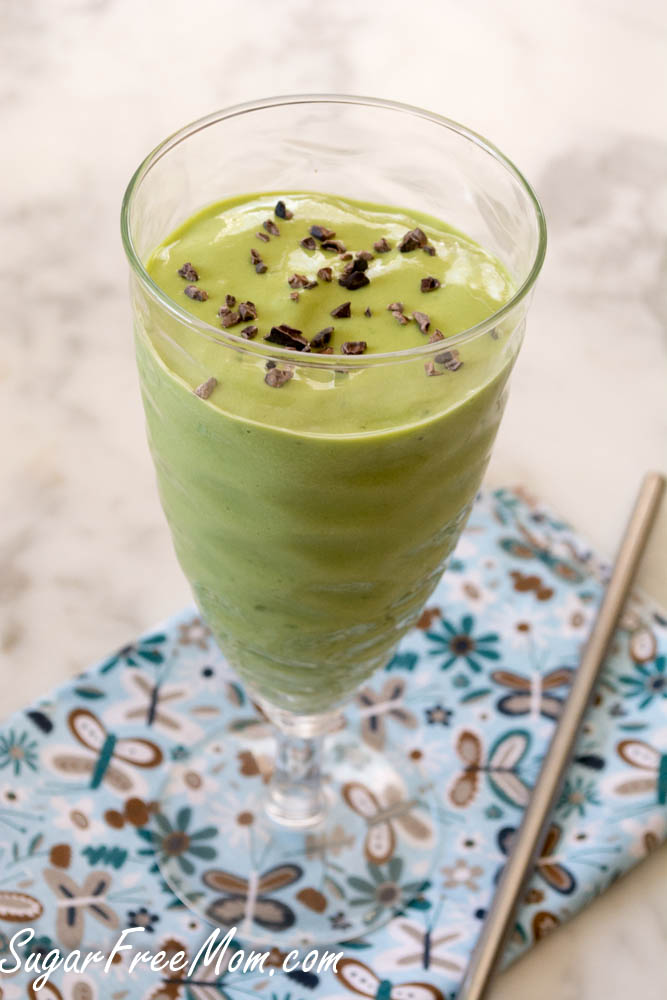
This is a very interesting post, thank you for sharing your ideas!
THANK YOU, Brenda, for taking the time to prepare this information-packed blog for us!